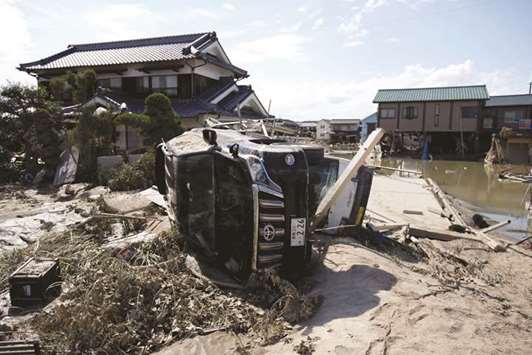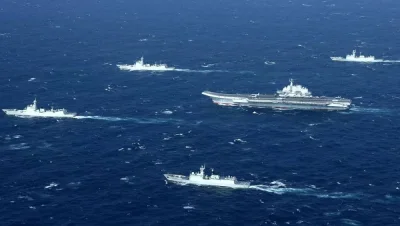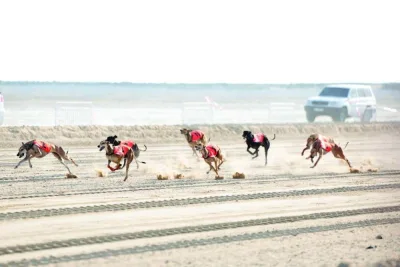Rescuers in Japan dug through mud and rubble yesterday, racing to find survivors after torrential rain unleashed floods and landslides that killed at least 114 people, with dozens missing.
Prime Minister Shinzo Abe cancelled an overseas trip to deal with Japan’s worst flood disaster since 1983, with several million people forced from their homes.
Officials said the overall economic impact was not clear.
Rain tapered off across the western region yesterday to reveal blue skies and a scorching sun that pushed temperatures well above 30 Celsius (86 Fahrenheit), fuelling fears of heat-stroke in areas cut off from power or water.
“We cannot take baths, the toilet doesn’t work and our food stockpile is running low,” said Yumeko Matsui, whose home in the city of Mihara, in Hiroshima prefecture, has been without water since Saturday.
“Bottled water and bottled tea are all gone from convenience stores and other shops,” the 23-year-old nursery school worker said at an emergency water supply station.
Some 11,200 households had no electricity, power companies said yesterday, while hundreds of thousands had no water.
The death toll reached at least 114, NHK public television said, with 61 people missing.
Though the persistent rain had ended, officials warned of sudden showers and thunderstorms as well as of more landslides on steep mountainsides saturated over the weekend.
Chief Cabinet Secretary Yoshihide Suga said Prime Minister Abe had cancelled his trip to Belgium, France, Saudi Arabia and Egypt because of the disaster.
He had been due to leave tomorrow.
Industry operations have also been hit, with Mazda Motor Corporation saying it was forced to close its head office in Hiroshima yesterday. The automaker, which suspended operations at several plants last week, said the halt would continue at two plants until today because it could not receive components, although both units were undamaged.
Electronics maker Panasonic said operations at one plant remained suspended after the first floor was flooded.
Refineries and oil terminals were not affected but blockages in roads leading to one Showa Shell oil terminal in Hiroshima caused gas and diesel shortages nearby. Elsewhere, people soldiered on with a grim recovery.
The floodwaters slowly receded in Kurashiki city’s Mabi district, one of the hardest hit areas, leaving a thick coat of brown mud and cars turned over or half-submerged, as residents returned to tackle the mess.
“I’ve never experienced anything like this is my life, and I’ve lived for more than 70 years,” said Hitoko Asano, 71. “The washing machine, refrigerator, microwave, toaster, PC — they’re all destroyed,” she said as she cleaned her two-storey house.

Destroyed houses and cars are seen in in Mabi town in Kurashiki, Okayama Prefecture, Japan, yesterday.


